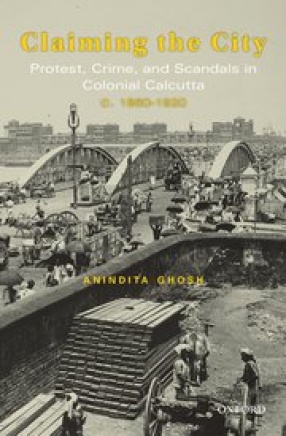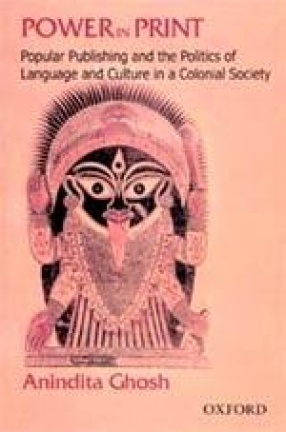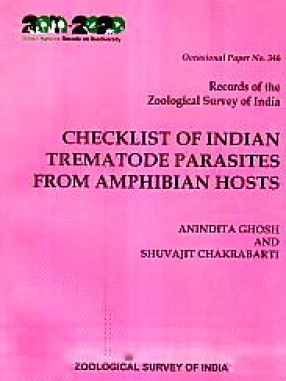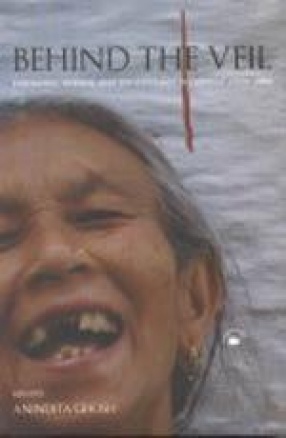
Showing all 4 books


Departing from approaches that see the city as the unproblematic product of British initiative and disciplining, Claiming the City presents the urban processes shaping Calcutta as contested and partially indigenous. In a crucial intervention the work studies how the colonial urban was not just born out of the ordered institutional spaces inscribed by public parks and squares, sewers and water supplies, roads and tramways, but also the more plebeian imprint of ...

Digenetic trematodes are believed to be originated from the turbellarian ancestors and their parasitic life is assumed to have developed from their ancestors to the phylogenetically related invertebrate hosts. The most primitive digenea, therefore, most have confined their parasitism theoretically to invertebrate hosts until the advent of vertebrates, in the simplest life cycle pattern, i.e. one host cycle. As a matter of fact this simplest pattern is represented ...

Print-languages and literature were vital instruments for crafting identities in colonial India, generating complex power struggles in the process. Contrary to the popular belief that flourishing ‘high’ literatures succeeded in wiping out ephemeral and cheap prints in nineteenth-century Bengal, power in Print demonstrates that the latter survived with much strength and vitality. Ghosh argues that cheap printing techniques and the spread of basic literacy in ...

The overwhelming image of Indian women during the colonial period has been of passivity, of a sex 'silenced' doubly, first by nationalist discourses and second by the more recent postcolonial turn in academic writing. For some time now, scholars have been working on the theme of dissent and struggle among women in both contemporary patriarchal structures and gendering discourses. But the focus so far has been on the educated and the outstanding--either female ...
